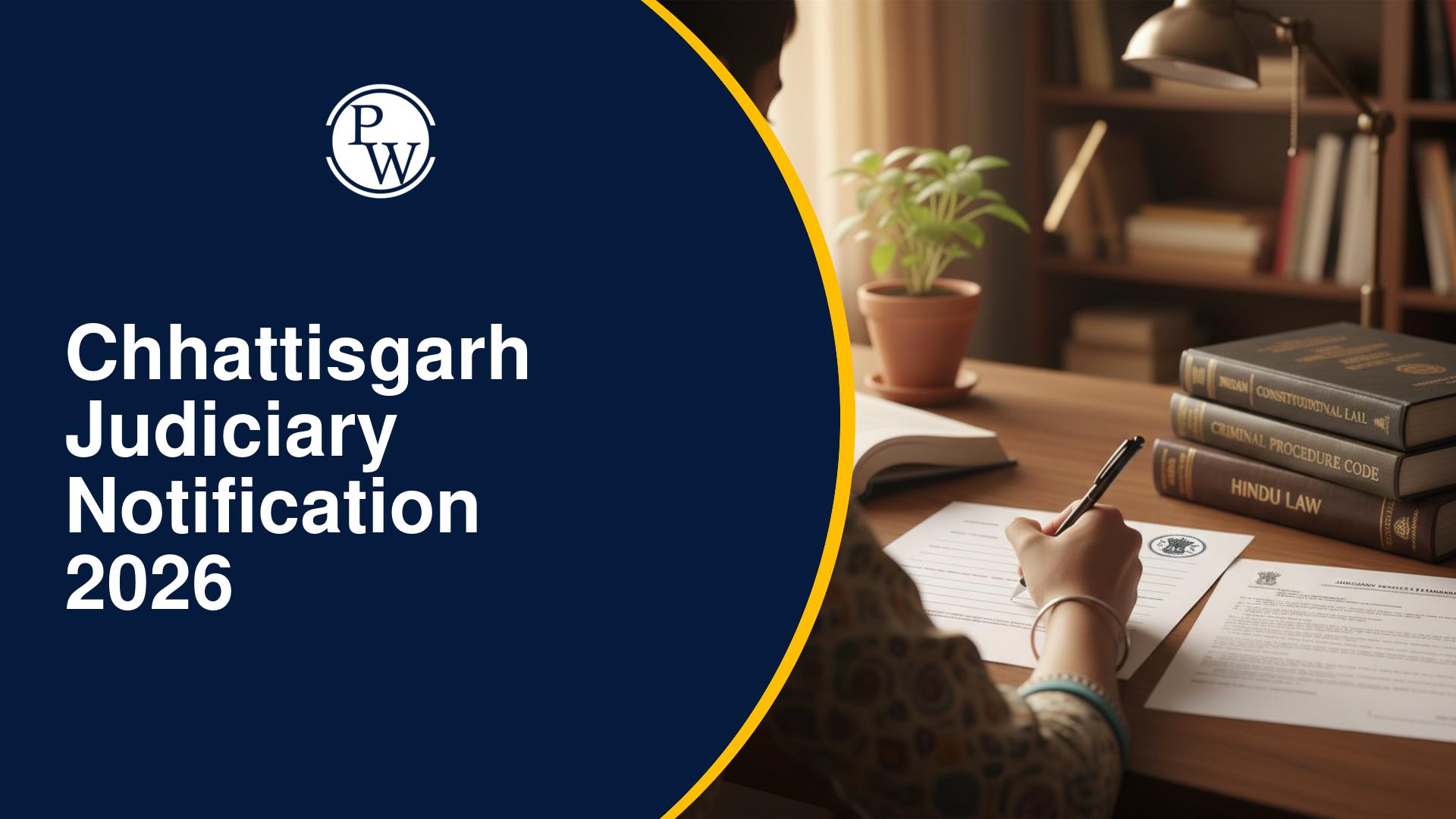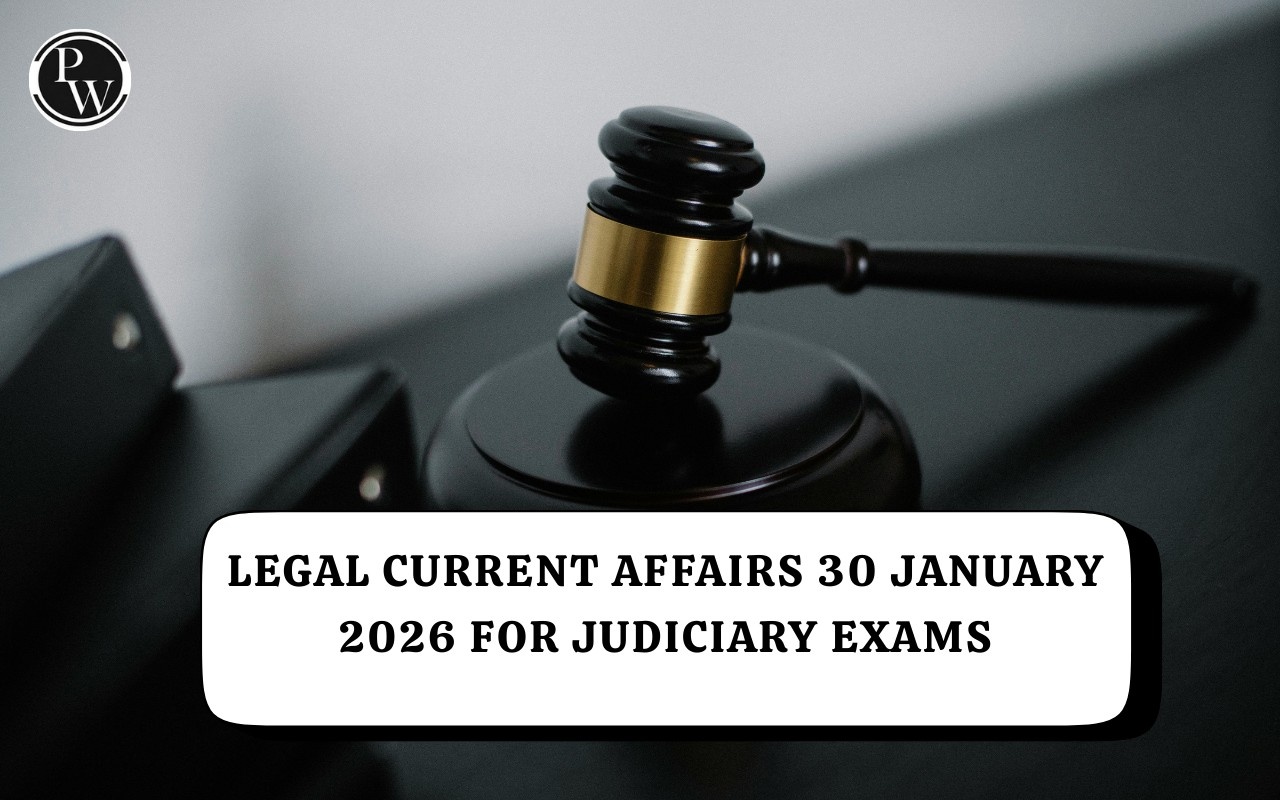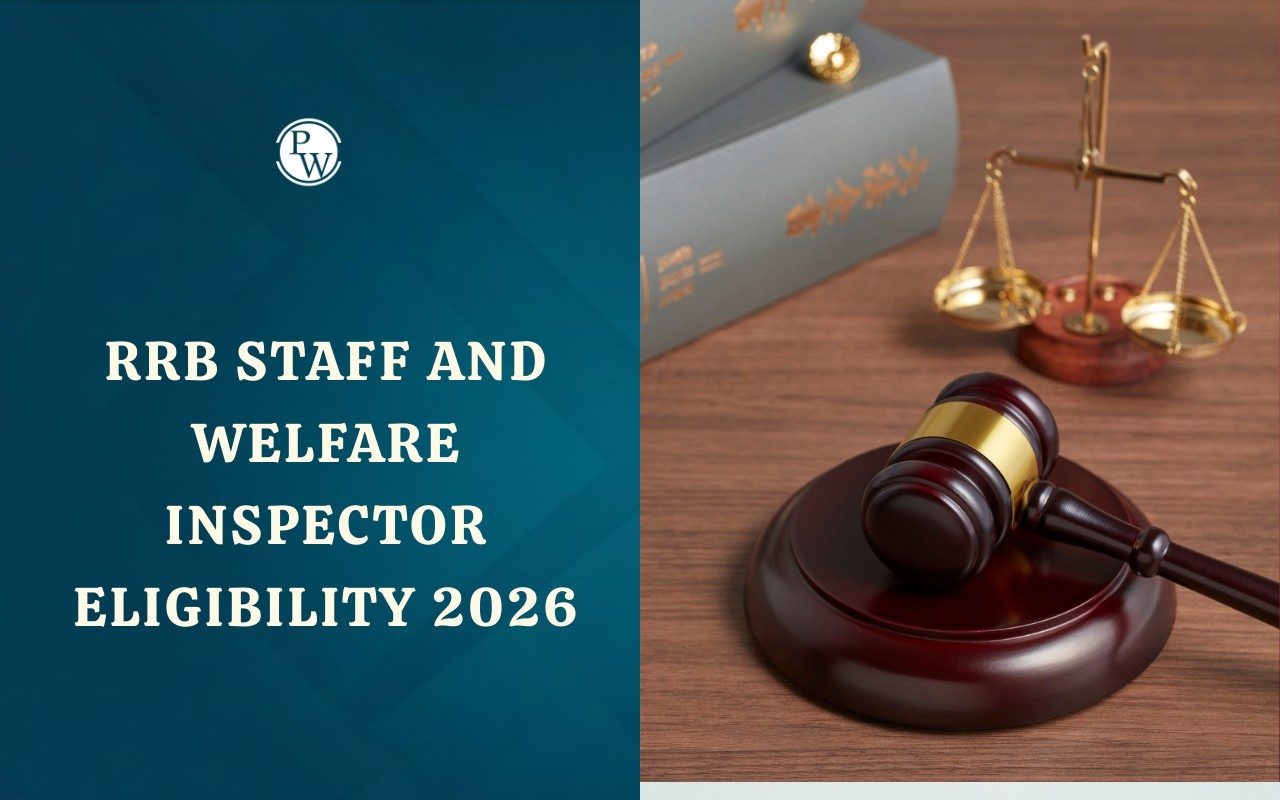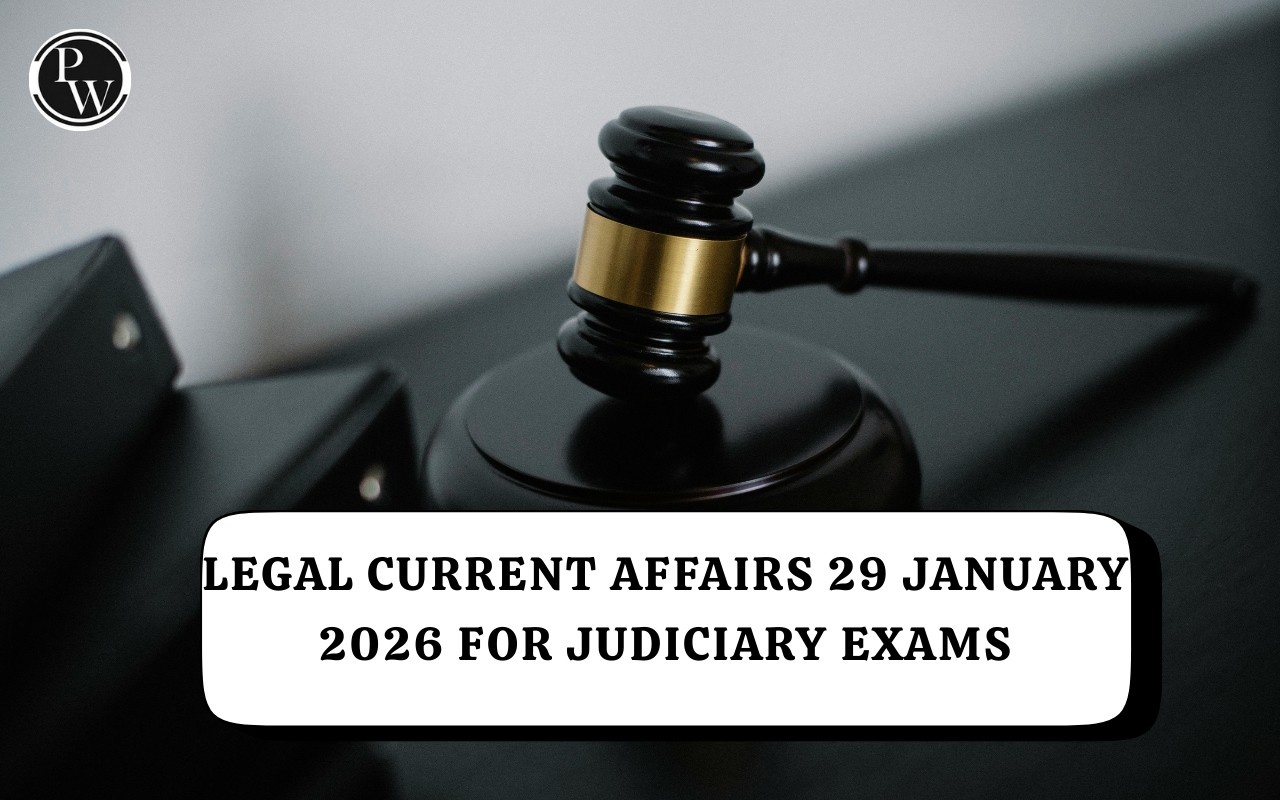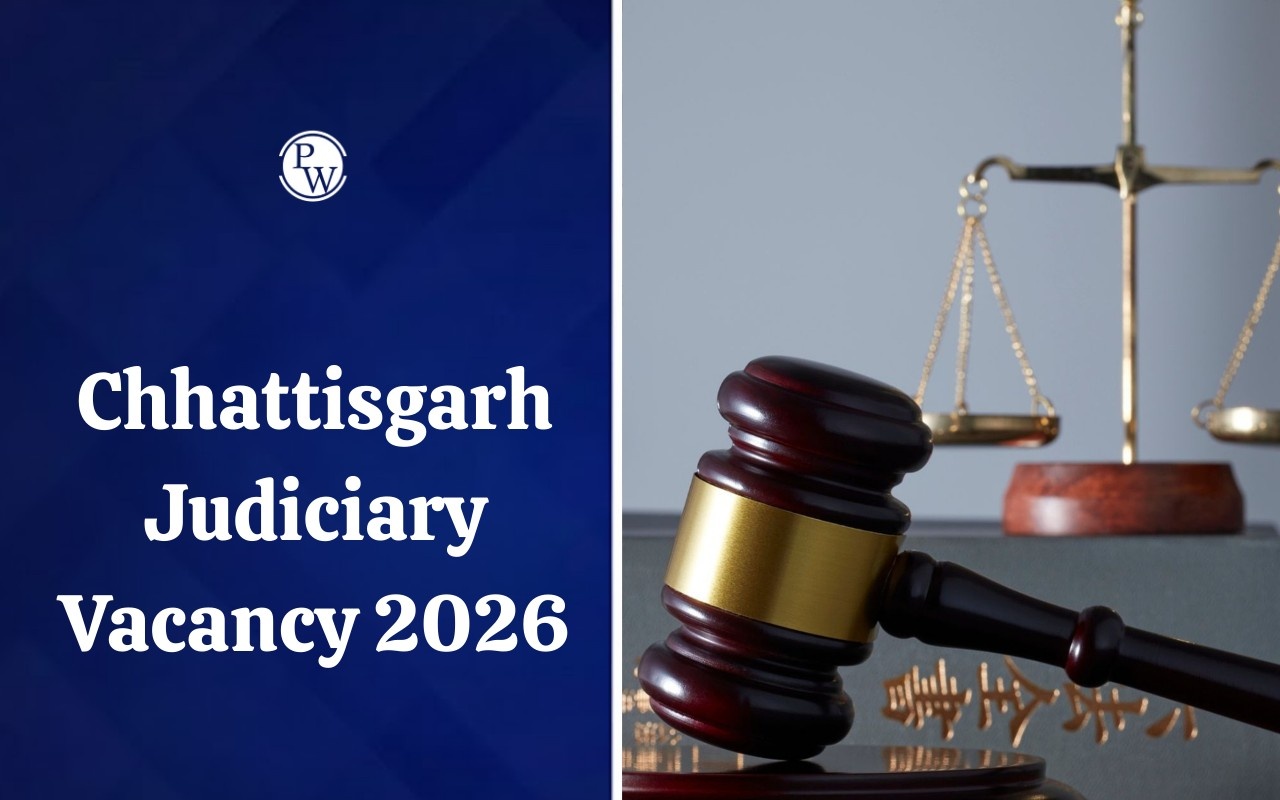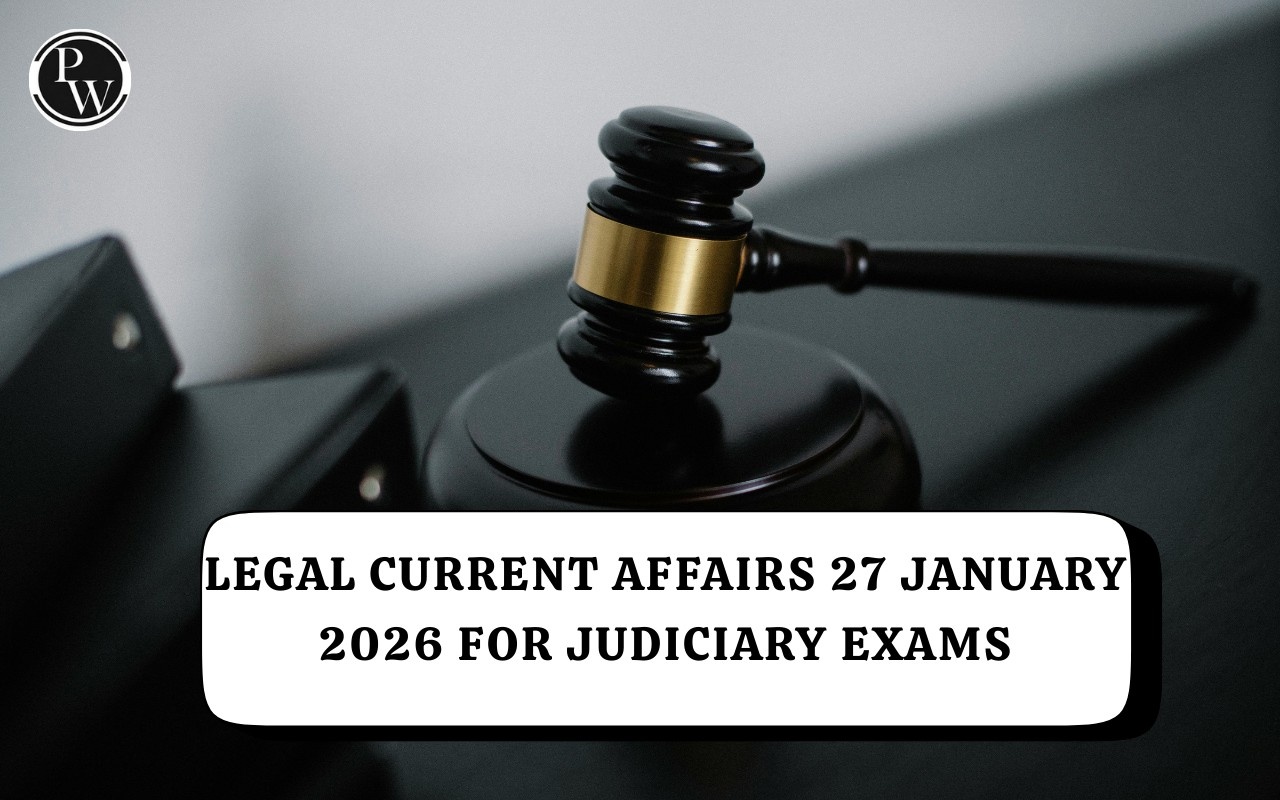
Code of Criminal Procedure Act 1973: The Code of Criminal Procedure Act 1973 (CrPC) is a comprehensive legislation that governs the procedural framework for the administration of criminal justice in India. Enacted to replace the earlier Code of 1898, it established the guidelines for the investigation, prosecution, and trial of criminal offenses. The Act provides mechanisms for appeals and revisions, making it an essential tool for safeguarding the rights of both the accused and victims within the criminal justice system.
The Code of Criminal Procedure Bill was drafted in 1970. Due to Parliament's dissolution, the bill lapsed in 1972. The bill was reintroduced in 1972 and after 125 amendments, it was passed by the Parliament. The revised Code i.e., the Code of Criminal Procedure Act 1973 came into force on 1st April 1974.Code of Criminal Procedure Act 1973 and Bhartiya Nagrik Suraksha Sanhita 2023 Overview
The Code of Criminal Procedure Act 1973 is important to maintain law and order, ensuring the timely delivery of justice. It serves as a procedural backbone for criminal law in India, detailing the processes for arrest, detention, evidence collection, trial, and punishment of offenders. The Bhartiya Nagrik Suraksha Sanhita 2023 (BNSS), is a relatively new legislation that aims to address some perceived shortcomings of the Code of Criminal Procedure Act 1973. It introduces stricter provisions for dealing with serious crimes and enhancing national security while retaining the core principles of the Code of Criminal Procedure Act 1973.Origin of Bhartiya Nagrik Suraksha Sanhita 2023
The Bhartiya Nagrik Suraksha Sanhita 2023 emerged as a pivotal reform in India's criminal justice framework, aimed at modernizing and consolidating existing laws to enhance public safety and streamline legal processes. Its evolution can be traced to the growing need for a comprehensive overhaul of outdated legal provisions that often hindered effective law enforcement and timely delivery of justice. Recognizing the evolving socio-economic landscape and rising concerns about crime, the Indian government sought to address gaps in the legal system through stakeholder consultations and recommendations from various committees. The Bhartiya Nagrik Suraksha Sanhita 2023 introduces innovative measures, such as clearer definitions of offenses, expanded rights for victims, and improved mechanisms for investigation and trials. It reflects a commitment to creating a more responsive and equitable criminal justice system, ensuring that it aligns with contemporary societal needs.Scheme of the Code of Criminal Procedure Act 1973 and Bhartiya Nagrik Suraksha Sanhita 2023
The following table consists of the schemes of the Code of Criminal Procedure Act 1973 and Bhartiya Nagrik Suraksha Sanhita 2023 in detail.| Code of Criminal Procedure Act 1973 | Bharatiya Nagarik Suraksha Sanhita 2023 |
| Chapter I: Preliminary | Chapter I: Preliminary |
| Sections 1-5: Title, definitions, trial of offences | Sections 1-5: Title, definitions, trial of offences |
| Chapter II: Constitution of Criminal Courts and Offices | Chapter II: Constitution of Criminal Courts and Offices |
| Sections 6-25: Criminal court structure, jurisdiction | Sections 6-20: Criminal court structure, jurisdiction |
| Chapter III: Power of Courts | Chapter III: Power of Courts |
| Sections 26-35: Court powers, sentencing | Sections 21-29: Court powers, sentencing |
| Chapter IV: Powers of Superior Officers of Police | Chapter IV: Powers of Superior Officers of Police and Aid to The Magistrates and The Police |
| Sections 36-40: Police powers, public assistance | Sections 30-34: Police powers, public assistance |
| Chapter V: Arrest of Persons | Chapter V: Arrest of Persons |
| Sections 41-60: Arrest procedures, rights of arrested persons | Sections 35-62: Arrest procedures, rights of arrested persons |
| Chapter VI: Processes to Compel Appearance | Chapter VI: Processes to Compel Appearance |
| Sections 61-90: Summons, warrants, proclamation for absconders | Sections 63-93: Summons, warrants, proclamation for absconders |
| Chapter VII: Processes to Compel the Production of Things | Chapter VII: Processes to Compel the Production of Things |
| Sections 91-105: Summons to produce, search warrants | Sections 94-110: Summons to produce, search warrants |
| Chapter VIII: Security for Keeping the Peace and Good Behaviour | Chapter IX: Security for Keeping the Peace and for Good Behaviour |
| Sections 106-124: Orders for security | Sections 125-143: Orders for security |
| Chapter IX: Order for Maintenance of Wives, Children, and Parents | Chapter X: Order for Maintenance of Wives, Children and Parents |
| Sections 125-128: Maintenance orders | Sections 144-147: Maintenance orders |
| Chapter X: Maintenance of Public Order and Tranquillity | Chapter XI: Maintenance of Public Order and Tranquillity |
| Sections 129-148: Dispersal of assemblies, public nuisances | Sections 148-167: Dispersal of assemblies, public nuisances |
| Chapter XI: Preventive Action of the Police | Chapter XII: Preventive Action of the Police |
| Sections 149-153: Police preventive actions | Sections 168-172: Police preventive actions |
| Chapter XII: Information to the Police and Their Powers to Investigate | Chapter XIII: Information to the Police and Their Powers to Investigate |
| Sections 154-176: Police investigation powers | Sections 173-196: Police investigation powers |
| Chapter XIII: Jurisdiction of the Criminal Courts in Inquiries and Trials | Chapter XIV: Jurisdiction of the Criminal Courts in Inquiries and Trials |
| Sections 177-189: Court jurisdiction | Sections 197-209: Court jurisdiction |
| Chapter XIV: Conditions Requisite for Initiation of Proceedings | Chapter XV: Conditions Requisite for Initiation of Proceedings |
| Sections 190-199: Conditions for proceedings | Sections 210-222: Conditions for proceedings |
| Chapter XV: Complaints to Magistrates | Chapter XVI: Complaints to Magistrates |
| Sections 200-203: Complaint procedures | Sections 223-226: Complaint procedures |
| Chapter XVI: Commencement of Proceedings before Magistrates | Chapter XVI: Commencement of Proceedings before Magistrates |
| Sections 204-210: Summons, process service | Sections 227-233: Summons, process service |
| Chapter XVII: The Charge | Chapter XVIII: The Charge |
| Sections 211-224: Charge framing | Sections 234-247: Charge framing |
| Chapter XVIII: Trial Before a Court of Session | Chapter XIX: Trial Before a Court of Session |
| Sections 225-237: Session court trials | Sections 248-260: Session court trials |
| Chapter XIX: Trial of Warrant-Cases by Magistrates | Chapter XX: Trial of Warrant-Cases by Magistrates |
| Sections 238-250: Warrant-case trials | Sections 261-273: Warrant-case trials |
| Chapter XX: Trial of Summons-Cases by Magistrates | Chapter XXI: Trial of Summons-Cases by Magistrates |
| Sections 251-259: Summons-case trials | Sections 274-282: Summons-case trials |
| Chapter XXI: Summary Trials | Chapter XXII: Summary Trials |
| Sections 260-265: Summary trial procedures | Sections 283-288: Summary trial procedures |
| Chapter XXII: Attendance of Persons Confined or Detained in Prisons | Chapter XXIV: Attendance of Persons Confined or Detained in Prisons |
| Sections 266-271: Prisoner attendance | Sections 301-306: Prisoner attendance |
| Chapter XXIII: Evidence in Inquiries and Trials | Chapter XXV: Evidence in Inquiries and Trials |
| Sections 272-299: Evidence rules | Sections 307-336: Evidence rules |
| Chapter XXIV: General Provisions as to Inquiries and Trials | Chapter XXVI: General Provisions as to Inquiries and Trials |
| Sections 300-327: General trial provisions | Sections 337-366: General trial provisions |
| Chapter XXV: Provisions as to Accused Persons of Unsound Mind | Chapter XXVII: Provisions as to Accused Persons of Unsound Mind |
| Sections 328-339: Unsound mind procedures | Sections 367-378: Unsound mind procedures |
| Chapter XXVI: Provisions as to Offences Affecting The Administration of Justice | Chapter XXVIII: Provisions as to Offences Affecting The Administration of Justice |
| Sections 340-352: Administration of justice offences | Sections 379-391: Administration of justice offences |
| Chapter XXVII: The Judgment | Chapter XXIX: The Judgment |
| Sections 353-365: Judgment rules | Sections 392-406: Judgment rules |
| Chapter XXVIII: Submission of Death Sentences for Confirmation | Chapter XXX: Submission of Death Sentences for Confirmation |
| Sections 366-371: Death sentence confirmation | Sections 407-412: Death sentence confirmation |
| Chapter XXIX: Appeals | Chapter XXXI: Appeals |
| Sections 372-394: Appeal procedures | Sections 413-435: Appeal procedures |
| Chapter XXX: Reference and Revision | Chapter XXXII: Reference and Revision |
| Sections 395-405: Reference and revision | Sections 436-445: Reference and revision |
| Chapter XXXI: Transfer of Criminal Cases | Chapter XXXIII: Transfer of Criminal Cases |
| Sections 406-412: Case transfer | Sections 446-452: Case transfer |
| Chapter XXXII: Execution, Suspension, Remission and Commutation of Sentences | Chapter XXXIV: Execution, Suspension, Remission and Commutation of Sentences |
| Sections 413-435: Sentence execution | Sections 453-477: Sentence execution |
| Chapter XXXIII: Provisions as to Bail and Bonds | Chapter XXXV: Provisions as to Bail And Bonds |
| Sections 436-450: Bail and bond rules | Sections 478-496: Bail and bond rules |
| Chapter XXXIV: Disposal of Property | Chapter XXXVI: Disposal of Property |
| Sections 451-459: Property disposal | Sections 497-505: Property disposal |
| Chapter XXXV: Irregular Proceedings | Chapter XXXVII: Irregular Proceedings |
| Sections 460-466: Irregularities | Sections 506-512: Irregularities |
| Chapter XXXVI: Limitation for Taking Cognizance of Certain Offences | Chapter XXXVIII: Limitation for Taking Cognizance of Certain Offences |
| Sections 467-473: Limitation periods | Sections 513-519: Limitation periods |
| Chapter XXXVII: Miscellaneous | Chapter XXXIX: Miscellaneous |
| Sections 474-484: Miscellaneous provisions | Sections 520-531: Miscellaneous provisions |
Salient Features of the Code of Criminal Procedure Act 1973 and Bhartiya Nagrik Suraksha Sanhita 2023
Here's the table outlining the salient features of the Code of Criminal Procedure Act 1973 and Bhartiya Nagrik Suraksha Sanhita 2023.| Feature | Code of Criminal Procedure Act 1973 | Bhartiya Nagrik Suraksha Sanhita 2023 |
| Purpose | Governs the procedure for the administration of criminal justice in India. | Aims to consolidate and modernize laws related to criminal procedure and public safety. |
| Arrest Procedure | Specifies procedures for arrests, including the rights of arrested persons. | Introduces clearer guidelines on arrest, emphasizing the protection of individual rights. |
| Bail Provisions | Differentiate between bailable and non-bailable offenses with specified conditions. | Expands the scope of bail, emphasizing the right to fair bail processes and conditions. |
| Investigative Powers | Details the powers of police in investigation and arrest. | Enhances police powers while including safeguards to prevent misuse. |
| Medical Examination | Requires sub-inspector level request | Any police officer can request |
| Procedural Timelines | Specific timelines for medical reports, judgments, etc | Specific timelines for medical reports, judgments, etc |
| Technology Use | Minimal mention of technology in proceedings. | Encourages the use of technology in investigations and court processes for efficiency. |
| Preventive Measures | Lack of specific provisions for preventive measures. | Encourages preventive measures and community involvement in crime reduction. |
| Victim Rights | Limited emphasis on victim's rights and compensation. | Explicitly recognizes the victim's rights, including compensation and participation in the trial process. |
What’s Different in Bhartiya Nagrik Suraksha Sanhita 2023?
The table outlines the key differences in how both Acts address specific aspects, reflecting a shift toward more modern and inclusive legal frameworks in the Bhartiya Nagrik Suraksha Sanhita 2023.| Feature | Code of Criminal Procedure Act 1973 | Bhartiya Nagrik Suraksha Sanhita 2023 |
| Power of Property Seizure | Limited provisions for property seizure during investigation. | Enhances police powers for property seizure with clearer guidelines and accountability measures. |
| Anticipatory Bails | Provisions for anticipatory bails exist but are less detailed in Sections 438(1), 438(1A), and 438(1B). | Revises and clarifies anticipatory bail provisions, focusing on timely decisions and the rights of the accused. |
| Gender-Neutral Provisions | Summons and petitions limited to adult males (Sections 64 and 432). | Introduces gender-neutrality language and provisions (Sections 66 and 474), addressing various crimes without bias based on gender |
| Legal Aid Scope | Provides legal aid but lacks a comprehensive mechanism for accessibility. | Expand the scope of legal aid (Section 341(1)), ensuring wider access and support for vulnerable groups, including victims and marginalized communities. |
Judicial Decisions Interpreting the Code of Criminal Procedure Act 1973 Provisions
Several landmark judgments have significantly shaped the interpretation and application of the provisions of the Code of Criminal Procedure Act 1973, reinforcing individual rights and the integrity of the criminal justice system. Some major landmark judgements on provisions related to the Code of Criminal Procedure Act 1973 are as follows.
- Lalita Kumari vs. Government of Uttar Pradesh (2013)
- Kehar Singh vs. State (1988)
- Amitabh Bagchi vs. Ena Bagchi (2005)
Code of Criminal Procedure Act 1973 FAQs
What is the Nagarik Suraksha policy?
The Nagarik Suraksha Policy offers Personal Accident cover (Death/Permanent Total Disability, loss of Limb(s) & Permanent Partial Disability including reimbursement of hospitalization expenses as specified under the schedule of insurance of the policy
What is the object and importance of the Criminal Procedure Code 1973?
The main objective of the CrPC is to govern the procedural framework for the administration of criminal justice in India. It serves as a procedural backbone for criminal law in India, detailing the processes for arrest, detention, evidence collection, trial, and punishment of offenders.
Who is the father of CrPC?
Criminal Procedure Code was introduced in the year 1861 by Thomas Babington Macaulay who was a law member of the Charter Act of 1833.
What is the aim of the Bharatiya Nagarik Suraksha Sanhita 2023?
The Bharatiya Nagarik Suraksha Sanhita 2023 aims at modernizing and consolidating existing laws to enhance public safety and streamline legal processes. It introduces innovative measures, such as clearer definitions of offenses, expanded rights for victims, and improved mechanisms for investigation and trials.
Is IPC and CrPC the same?
Code of Criminal Procedure provides a detailed procedure for punishments under penal laws, while the Indian Penal Code (IPC) defines crimes and provides punishments for almost all kinds of criminal and actionable wrongs and is the principal criminal code of India.
🔥 Trending Blogs
Talk to a counsellorHave doubts? Our support team will be happy to assist you!

Check out these Related Articles
Free Learning Resources
PW Books
Notes (Class 10-12)
PW Study Materials
Notes (Class 6-9)
Ncert Solutions
Govt Exams
Class 6th to 12th Online Courses
Govt Job Exams Courses
UPSC Coaching
Defence Exam Coaching
Gate Exam Coaching
Other Exams
Know about Physics Wallah
Physics Wallah is an Indian edtech platform that provides accessible & comprehensive learning experiences to students from Class 6th to postgraduate level. We also provide extensive NCERT solutions, sample paper, NEET, JEE Mains, BITSAT previous year papers & more such resources to students. Physics Wallah also caters to over 3.5 million registered students and over 78 lakh+ Youtube subscribers with 4.8 rating on its app.
We Stand Out because
We provide students with intensive courses with India’s qualified & experienced faculties & mentors. PW strives to make the learning experience comprehensive and accessible for students of all sections of society. We believe in empowering every single student who couldn't dream of a good career in engineering and medical field earlier.
Our Key Focus Areas
Physics Wallah's main focus is to make the learning experience as economical as possible for all students. With our affordable courses like Lakshya, Udaan and Arjuna and many others, we have been able to provide a platform for lakhs of aspirants. From providing Chemistry, Maths, Physics formula to giving e-books of eminent authors like RD Sharma, RS Aggarwal and Lakhmir Singh, PW focuses on every single student's need for preparation.
What Makes Us Different
Physics Wallah strives to develop a comprehensive pedagogical structure for students, where they get a state-of-the-art learning experience with study material and resources. Apart from catering students preparing for JEE Mains and NEET, PW also provides study material for each state board like Uttar Pradesh, Bihar, and others
Copyright © 2026 Physicswallah Limited All rights reserved.
